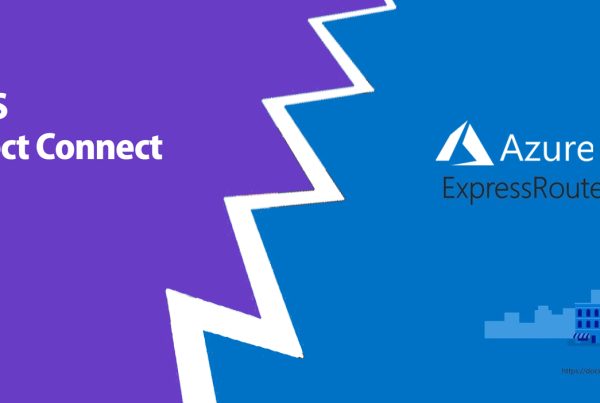Optimizing Business Connectivity
Public Cloud Connections with AWS, Azure, and More
In today’s digital landscape, businesses rely heavily on cloud services for data storage, application hosting, and collaboration. Public cloud providers like Amazon Web Services (AWS), Microsoft Azure, and Google Cloud offer scalable and cost-effective solutions, but ensuring reliable, high-performance connectivity to these platforms is crucial. This is where dedicated public cloud connections come into play, providing businesses with faster, more secure, and lower-latency access to cloud applications.
What Are Public Cloud Connections?
Public cloud connections refer to dedicated network links between a business’s infrastructure and a cloud provider’s data center. Unlike standard internet-based connections, which can be affected by congestion and security risks, direct cloud connectivity ensures better performance, security, and reliability.
Top Public Cloud Connectivity Solutions
- AWS Direct Connect – A private, high-speed connection to AWS cloud resources, reducing latency and improving security compared to standard internet-based access.
- Azure ExpressRoute – A dedicated link to Microsoft Azure, ensuring reliable performance for businesses using Microsoft 365, Dynamics 365, and Azure-based applications.
- Google Cloud Interconnect – Provides direct connectivity to Google Cloud, enhancing performance for businesses using services like Google Kubernetes Engine and BigQuery.
- IBM Cloud Direct Link – Offers private connectivity to IBM Cloud for businesses using AI, blockchain, and data analytics services.
- Oracle FastConnect – A secure, low-latency connection to Oracle Cloud for businesses relying on Oracle databases and enterprise applications.
Benefits of Direct Public Cloud Connections
- Lower Latency and Faster Performance
By bypassing the public internet, businesses experience reduced latency and faster data transfers, ensuring seamless cloud application performance.
- Enhanced Security
Direct connections provide a private link between on-premises infrastructure and cloud providers, reducing exposure to cyber threats and unauthorized access.
- Greater Reliability and Uptime
With dedicated bandwidth and SLAs (Service Level Agreements) from cloud providers, businesses benefit from consistent performance and minimal disruptions.
- Cost Savings on Data Transfer
Cloud providers often charge lower fees for data transfer over direct connections compared to public internet-based access, leading to significant cost savings for high-traffic businesses.
- Scalable and Flexible Network Architecture
As businesses grow, direct cloud connections can be easily scaled to support increased data demands without sacrificing performance.
How to Implement a Public Cloud Connection
- Choose the Right Cloud Provider – Determine which cloud services your business relies on the most (AWS, Azure, Google Cloud, etc.).
- Select a Connectivity Solution – Decide between a dedicated physical connection or a virtual private network (VPN) depending on your bandwidth and security needs.
- Partner with an ISP or Network Provider – Work with a broadband provider that offers direct cloud connectivity solutions to ensure seamless integration.
- Monitor and Optimize Performance – Use network monitoring tools to track performance and make adjustments as needed to optimize speed and reliability.
For businesses that depend on public cloud services, investing in dedicated cloud connections is a game-changer. Solutions like AWS Direct Connect, Azure ExpressRoute, and Google Cloud Interconnect provide faster speeds, lower latency, enhanced security, and cost savings compared to standard internet connections. Whether you’re running mission-critical applications, large-scale data analytics, or cloud-based collaboration tools, a direct cloud connection ensures seamless performance and business continuity.




